IS023 - Data-driven multiscale modelling and machine learning for biomedical, physical, engineering, and social coupled systems
Keywords: artificial intelligence and machine learning, biomedical applications, complex systems, computational simulation, Coupled problems, data-driven methods, physical and engineering systems, physics-based approaches
Interdependence across time and length scales is ubiquitous in many modern applications dealing with complex systems and networks arising in biomedical, physical, engineering or social contexts. Many problems emerging in these contexts are coupled and situated at the crossroads of several disciplines. With data's increasingly ready availability and integration into modelling frameworks, efficient approaches to such problems significantly benefit from applying artificial intelligence (AI) and machine learning (ML) tools. In this Invited Session, we will provide a forum for mathematical, statistical, and computational modelling of coupled problems where the role of data-driven techniques has been steadily growing, further stimulated by such AI & ML tools. The organizers welcome contributions in all areas reflecting this trend, including theoretical analyses and numerical approximations, combinations of mechanism-based and data-based models, high-performance scientific computing and software implementation, imaging techniques and data analysis with statistical methods. Works on quantitative analysis in practical applications, including clinical and experimental, as well as on physics-based and data-driven methodologies, both theoretical and application-based, are also welcome. Within this scope and beyond, the overarching focus is on coupled problems to facilitate (a) breaking the barriers among disciplines, (b) addressing different applications and related modelling approaches, including mechanistic and statistical formulations based on various mathematical tools and models, (c) illustrating the most recent and advanced computational methods in the above settings, and (d) validating models and methods in the simulation of coupled problems. In this Invited Session, we aim to consolidate a new winning vision for the next decade in addressing critical challenges from these areas, relying upon a solid interdisciplinary alliance.

